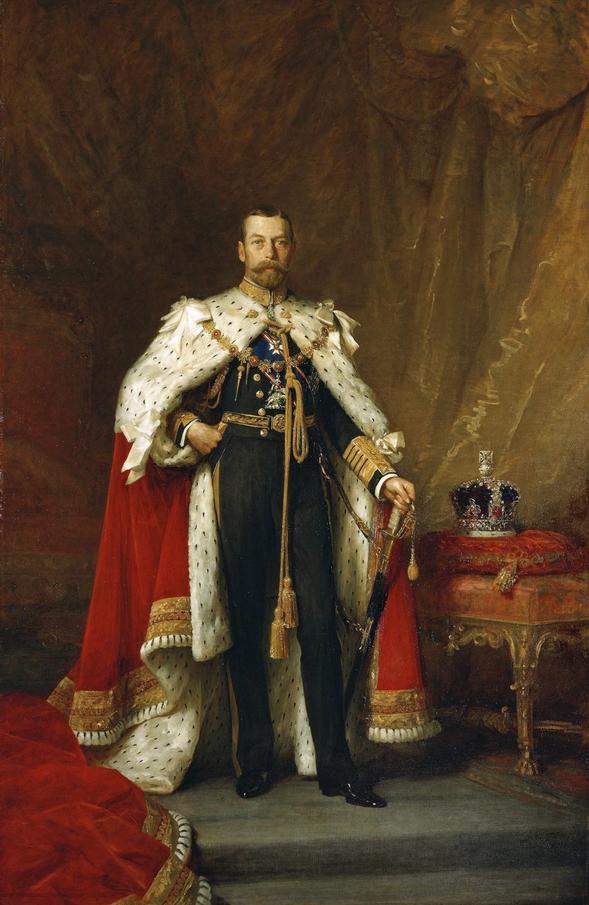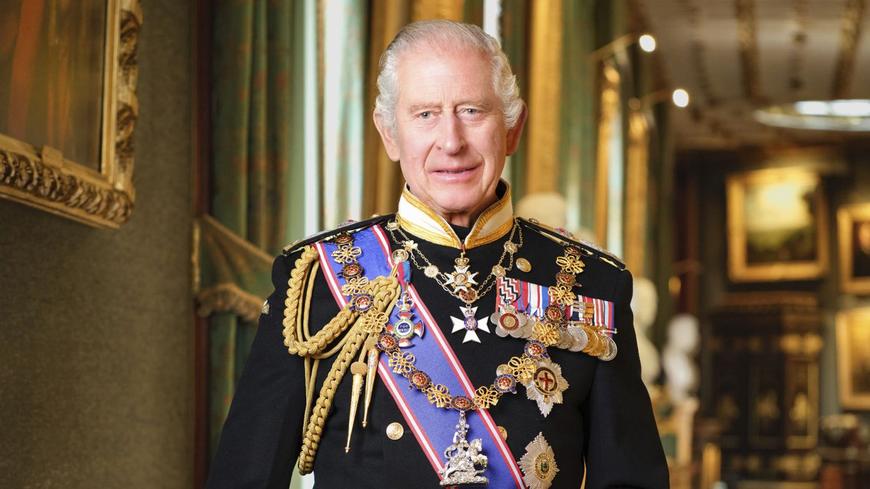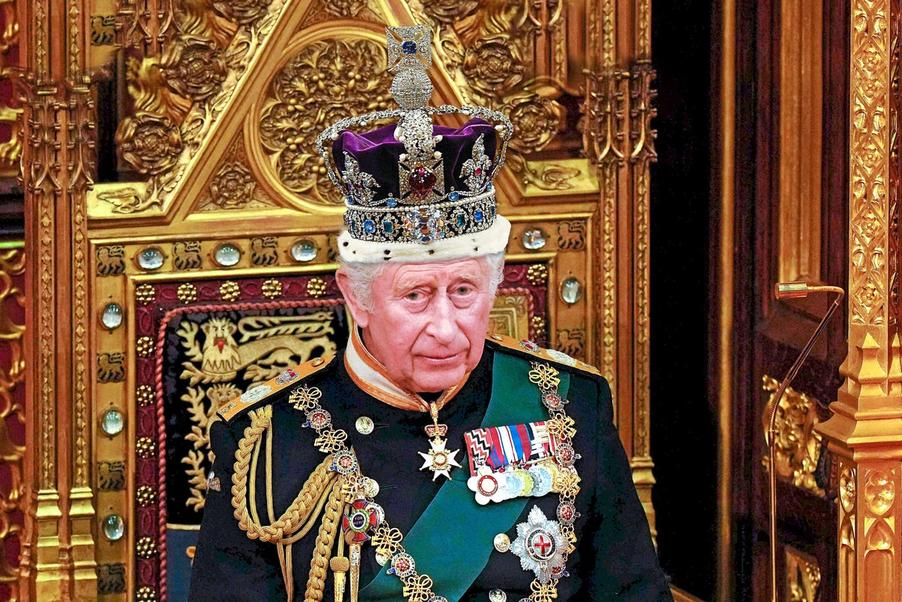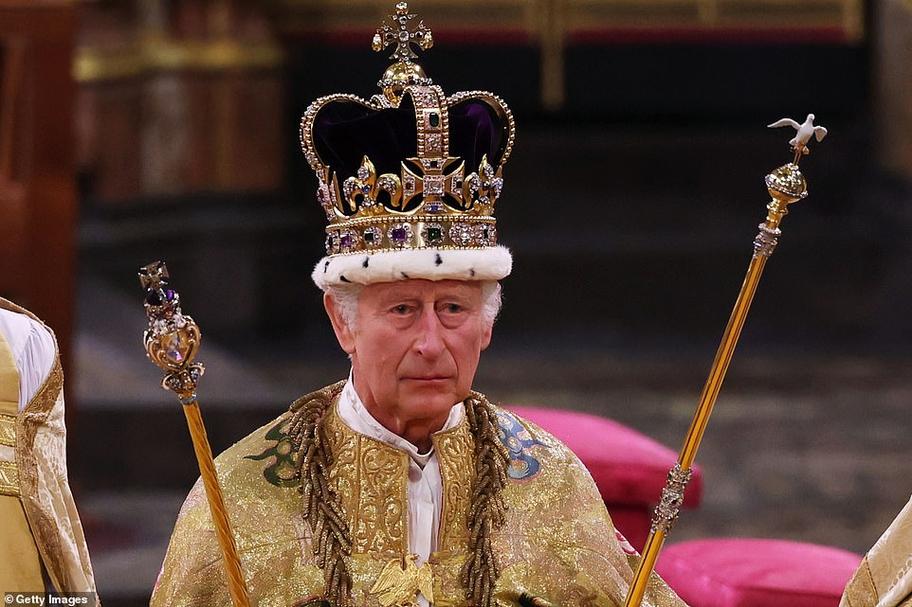King Baldwin IV never punished Raynald of Chatillon for his actions; historical evidence shows Baldwin supported and entrusted Raynald with important roles during his reign. Tales of Baldwin disciplining Raynald, such as imprisoning him after the siege of Kerak, originate from fictionalized accounts and later myths rather than contemporary or reliable sources.

Raynald of Chatillon was a noble from Burgundy who married Constance, the princess of Antioch, gaining significant influence. His rebellious raid on Cyprus provoked punishment, but this came from the Byzantine Emperor Manuel, not from King Baldwin IV of Jerusalem.
Under Baldwin IV, Raynald served as regent and military leader. Baldwin, afflicted by leprosy, often needed deputies. Raynald led the army in the pivotal 1177 Battle of Montgisard, which successfully halted Saladin’s forces. This trusted role contradicts the myth that Baldwin ever punished him harshly. On the contrary, contemporaries and chronicles show Baldwin’s continuing support for Raynald’s leadership.

The popular story, notably dramatized in media like the film “Kingdom of Heaven,” claims that Baldwin chastised and jailed Raynald following the 1183 siege of Kerak by Saladin. Modern historians confirm this narrative is fictional. The siege itself occurred, but Baldwin never physically punished or imprisoned Raynald after it. Such scenes appear to be artistic inventions rather than historical facts.
Raynald’s eventual loss of regency around 1183 was due to political realignment rather than royal punishment. Guy of Lusignan replaced him as regent, reflecting shifting alliances at court rather than a disciplinary measure by Baldwin. Baldwin died in 1185, before these transitions fully unfolded.

Later depictions of Raynald’s imprisonment and release under Queen Sibylla and King Guy are similarly distorted. Accounts that Raynald incarcerated Saladin’s sister or launched other outrageous attacks lack corroboration from contemporary sources and appear to be later inventions or confusions.
Modern scholars, including Bernard Hamilton, have demonstrated that the negative image of Raynald—as a crazed, cruel tyrant opposed by Baldwin—is largely a product of biased medieval narratives. Instead, Raynald executed policies backed by Baldwin and his successors, playing an integral role in the crusader kingdom’s military and political affairs.

| Aspect | Fact | Misconception |
|---|---|---|
| Raynald’s Punishment by Baldwin | Never punished or jailed by Baldwin IV | Fictional narrative of imprisonment after Kerak siege |
| Military Role | Led army at Battle of Montgisard under Baldwin | Portrayed as rogue or traitor in later retellings |
| Political Position | Regent under Baldwin IV; power shift due to politics | Viewed as losing power due to punishment |
This evidence clarifies that King Baldwin IV maintained a working relationship with Raynald. The notion that Baldwin punished Raynald emerges mainly from fictional accounts and biased chroniclers. Raynald’s actions, while controversial, aligned with royal interests and plans during Baldwin’s reign.
- King Baldwin IV never formally punished Raynald of Chatillon.
- Raynald’s punishments came from other authorities, notably the Byzantine Emperor.
- Raynald held trusted posts, including military leadership and regency under Baldwin.
- Stories about Baldwin imprisoning or physically punishing Raynald are inventions of fiction or later myths.
- Political changes diminished Raynald’s role, unrelated to any royal punishment.
- Modern historiography presents Raynald as a royal agent, not a reckless rogue.
Did King Baldwin Really Punish Raynald of Chatillon?

The short answer? No. King Baldwin IV did not punish Raynald of Chatillon. Instead, Raynald was often praised and even rewarded by Baldwin and his fellow crusaders. Let’s dive into this medieval drama that’s been twisted by myths and Hollywood spins.
If you’ve ever watched the movie Kingdom of Heaven, you might recall a scene where Baldwin beats up Raynald and throws him in jail after a caravan raid gone wrong. Dramatic, right? Unfortunately, that scene is pure fiction. The real history paints a very different picture.

Who Was Raynald of Chatillon Anyway?
Raynald was a minor noble from Burgundy who famously married Constance, the princess of Antioch. This gave him a position of power as Prince of Antioch. True to his bold reputation, Raynald once launched an unauthorized invasion of Cyprus, then a Byzantine province. Guess who punished him for that?
Not King Baldwin. It was the Byzantine Emperor Manuel I who stepped in, showing clearly that any so-called punishment for Raynald’s risky exploits did not come from Jerusalem’s king.
Raynald: Trusted Regent and Military Leader
By 1177, the kingdom of Jerusalem was facing serious external threats, mainly from Saladin. During this precarious period, King Baldwin IV was afflicted with leprosy and had difficulty ruling effectively. Enter Raynald, who took on the crucial role of regent. The trusted position meant overseeing the kingdom’s military.
And, get this, Raynald was actually commanding the crusader army in the battle of Montgisard in 1177, where the crusaders scored a significant victory over Saladin’s forces. This level of trust and responsibility shows Baldwin didn’t punish Raynald but rather considered him an essential leader.
The Myth of Punishment During the Siege of Kerak
One of the most famous myths involves Baldwin punishing Raynald after Saladin attacks Raynald’s castle at Kerak in 1183. The tale goes that Baldwin saved Raynald but then beat him up and jailed him for Raynald’s reckless raids, including attacks on Muslim caravans. The truth? Saladin did attack Kerak, but Baldwin never punished Raynald afterward.
This narrative is a Hollywood invention exaggerating medieval politics. In reality, raids on caravans were common and part of frontier warfare, and Baldwin tolerated, if not outright supported, Raynald’s aggressive tactics.
Political Shifts, Not Punishments
By 1183, Raynald’s political position as regent ended, but it wasn’t because Baldwin punished him. Instead, Guy of Lusignan replaced Raynald. Political winds shifted, power changed hands, as commonly happened during turbulent times. Baldwin died in 1185, and Guy eventually became king.
Raynald remained active in the kingdom’s politics and military actions, supported by Queen Sibylla and Guy. The story of Raynald’s imprisonment and release by Guy is another confusing tale—probably a mix-up of events with no solid historical backing.
So Why the Negative Reputation?
Raynald’s name is often linked to cruelty, brutality, and recklessness. Modern historian Steven Runciman popularized the view of him as a cruel madman. But this ignores the complex reality: many contemporary sources were biased. Bernard Hamilton’s biography of Raynald shows that he generally acted in line with the policies of Baldwin and Guy.
Raynald’s raids on caravans and conflicts with Saladin naturally made him enemies and a villain in many Islamic and Western accounts. Still, rather than being punished by his king, Raynald was executing strategies that Baldwin and the crusader leadership supported.
The Practical Takeaway
If you want to cut through the dramatic folklore and movies, remember: History rarely paints with broad strokes. Raynald’s relationship with King Baldwin was one of mutual support rather than punishment.
So next time you hear someone say “Baldwin punished Raynald for his reckless behavior,” you can confidently say: Not quite. Raynald was more an unruly knight backed by the king than a rogue punished for insanity.
Want to Dive Deeper?
- Read Bernard Hamilton’s detailed biography of Raynald for a nuanced view.
- Explore the political context of the Kingdom of Jerusalem during Baldwin IV’s reign.
- Consider the biases in medieval accounts, especially from chroniclers wrangling with the Crusader legacy.
Understanding medieval history means juggling sensational myths with careful scholarship—and knowing when to trust Hollywood (almost never).
Final Thoughts
Baldwin IV never punished Raynald of Chatillon. Instead, Raynald acted as an influential leader entrusted with power during Jerusalem’s critical years. The harsh image of Raynald reflects biased sources and later dramatizations rather than firm historical fact.
Medieval politics were complicated, messy, and often ruthless—but that doesn’t always mean punishment. Sometimes, the king and his knight simply played a dangerous game for survival.
Did King Baldwin IV ever punish Raynald of Chatillon for his actions?
No, Baldwin IV never punished Raynald. Despite some claims, Raynald was often praised and given trusted roles by Baldwin.
Was Raynald punished for attacking Cyprus?
Yes, but not by King Baldwin. The Byzantine emperor Manuel punished Raynald for invading Cyprus.
Is the story of Baldwin beating Raynald at Kerak after Saladin’s siege true?
No, that story is fictional. Baldwin came to defend Kerak but never punished Raynald.
Did Raynald lose power because of royal punishment?
No, Raynald’s loss of regency was political, related to Guy of Lusignan becoming regent, not punishment from Baldwin.
Are the imprisonments of Raynald depicted in movies accurate?
These scenes mix facts with legend. Raynald’s imprisonment and release as shown in films are likely fictional.



